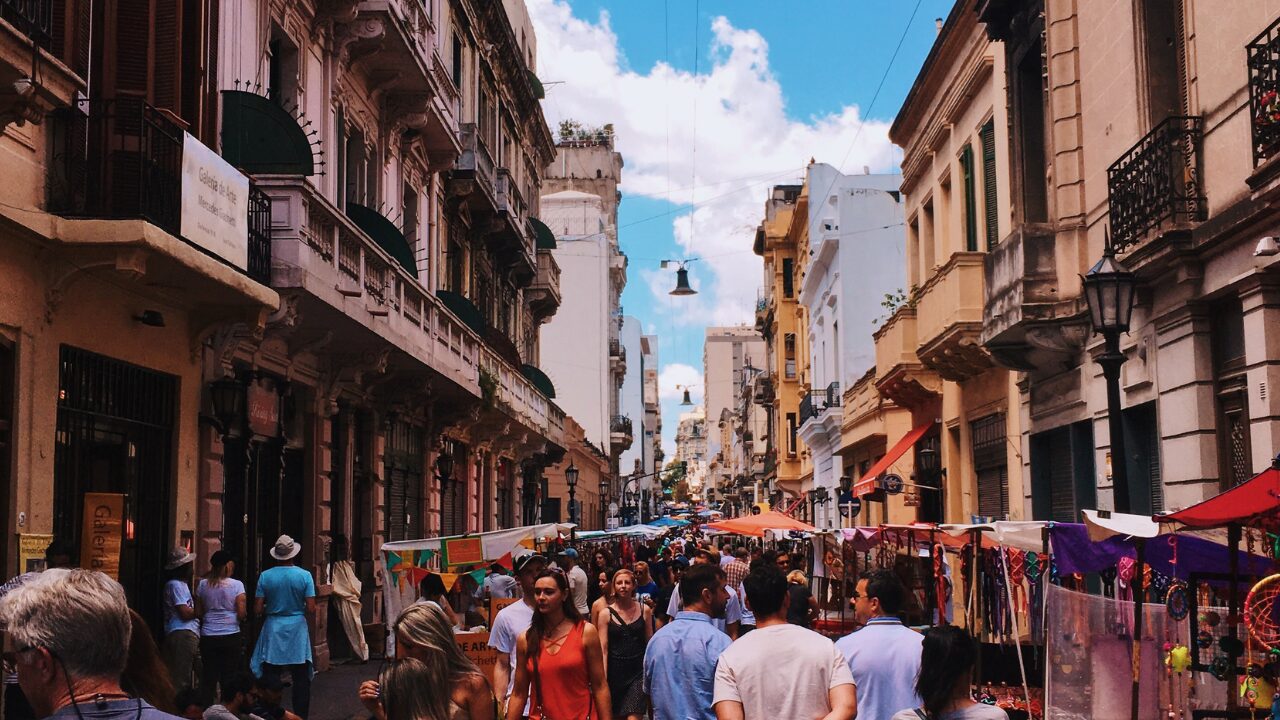Date first published: 28/12/2017
Key sectors: all
Key risks: civil unrest; commercial damage; land occupations; terrorism
Political violence in 2017 was marked by localised violent unrest against centre-right President Mauricio Macri’s reforms and by the development of an apparently more organised indigenous Mapuche movement. Neither of these developments are entirely new to Argentina but both, particularly in the second half of the year, reached levels of violence that raised concerns amongst government officials and investors. Although the effects of these political violence incidents are unlikely to destabilise the government or severely affect foreign investments, they have been sufficiently noteworthy to make it to the fore of the political agenda and to hit international headlines.
These risks will persist in 2018, although the government is apparently determined to curb them as Latin America’s third largest economy still works towards the consolidation of growth, the implementation of fiscal austerity measures, and the recovery of trust in its institutions.
On 18 December at least 149 people were injured and 48 were arrested amid violent protests in Buenos Aires as Congress debated the approval of the government-proposed pension reform. Police fired tear gas, rubber bullets and used water cannon against left-wing activists who threw stones and home-made explosives at the security forces. Despite the unrest, Congress continued with the debate and approved the reform early on 19 December. The unrest was far from spontaneous and was certainly not just about the pension reform. It was organised and aimed at forcing Congress to suspend the session – as it had previously on 14 December – an outcome that would have meant a broader defeat for the Macri administration. It would have meant that a group of violent leftist activists had the power to derail the government’s agenda and, ultimately, override its power. Despite the tension, which triggered the most serious incidents of violent unrest seen in Argentina’s capital in recent years, the session moved forward and the reform was turned into law. Material damage and commercial losses in the area close to Congress were significant, and the risk of further similar incidents as the reform agenda moves forward will persist.
Relatively new to 2017 was the increased relevance of the indigenous Mapuche, after some radicalised groups intensified their activities prompting violent clashes with the security forces. The most notorious incidents were the controversial death of activist Santiago Maldonado, who went missing on 1 August following a land eviction in Santa Cruz province and was found dead on 17 October, and the killing of activist Rafael Nahuel on 25 November as security forces evicted the remnants of a Mapuche group from National Parks-owned property in Rio Negro province. On 14 November an explosive device was found at state-owned oil company YPF’s Fernandez Oro facility in Allen, Rio Negro province. The Mapuche Ancestral Resistance (RAM) group allegedly installed the device, which was successfully deactivated by the security forces. The incident was the second RAM sabotage attempt in a week after oil company Pluspetrol found a similar device in its Neuquen province facilities. Further RAM sabotage attempts should be expected, although they are unlikely to cause significant material damage. Nevertheless, potential links with Chilean Mapuche groups more prone to this type of attack indicate that the risk in Chubut, Rio Negro and Neuquen provinces, particularly against the oil and gas sector, could potentially increase.
Efforts to mitigate these risks will persist, although recent developments suggest that Argentina still remains prone to localised politically motivated violence which cannot be underestimated.



